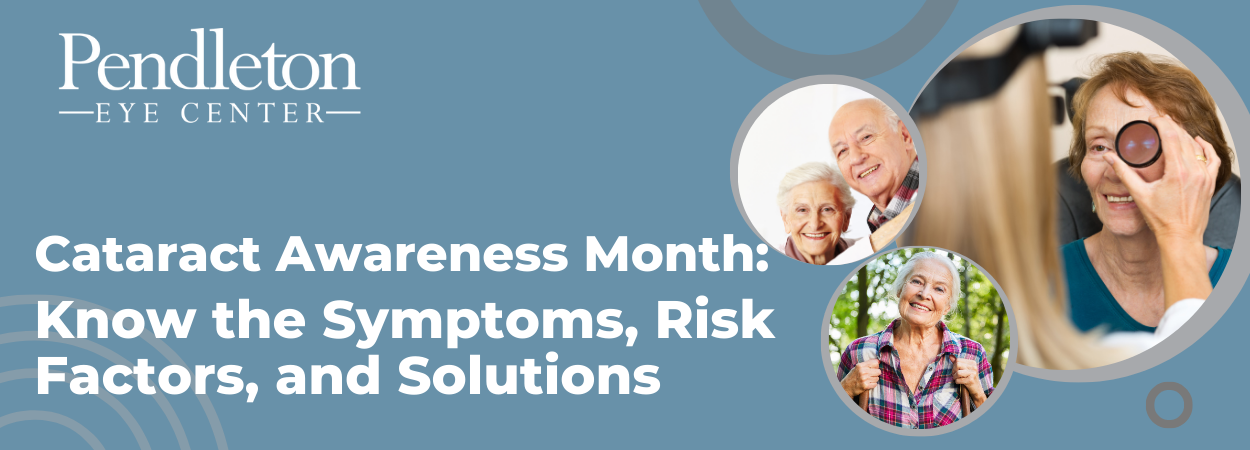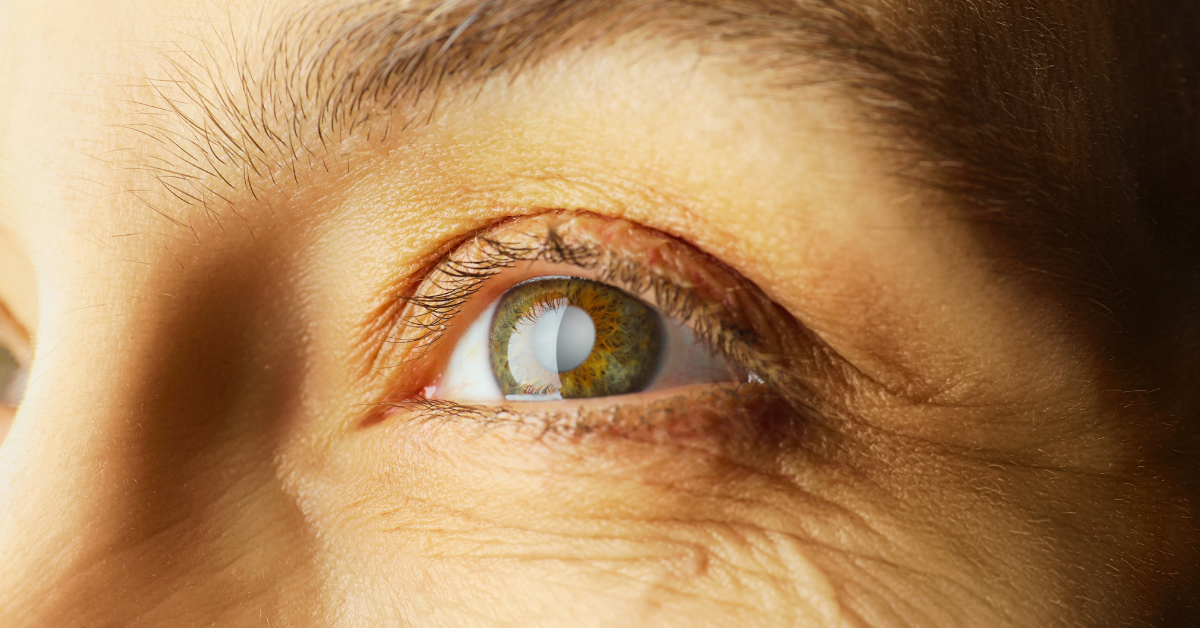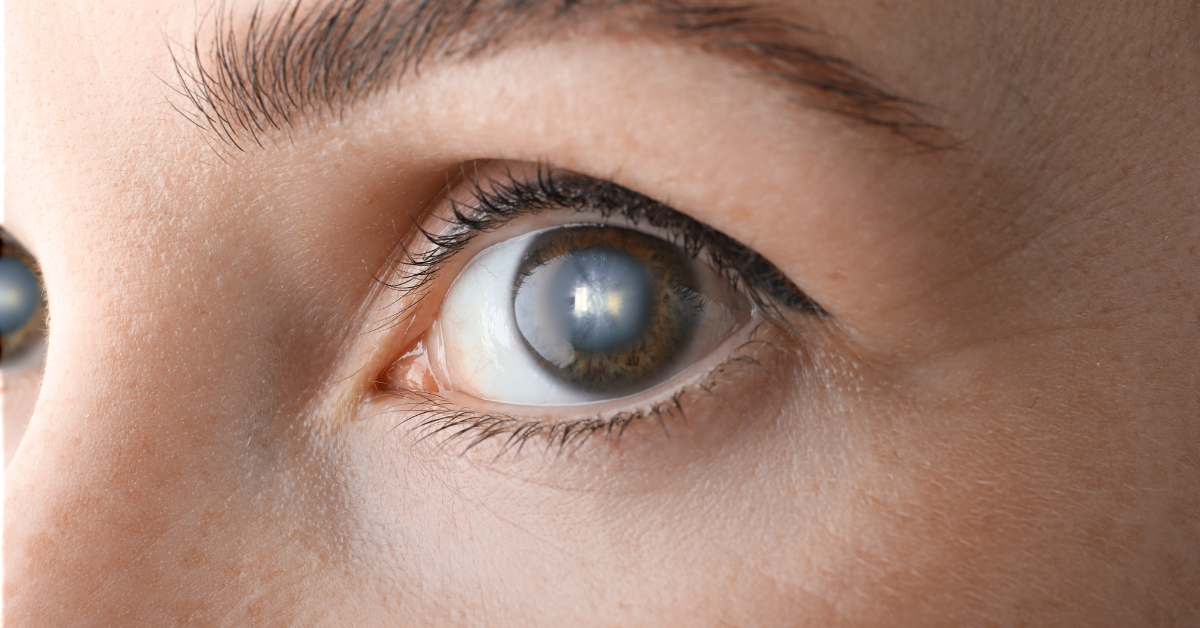Cataracts
Did you know that cataracts are the leading cause of vision loss in the United States—especially among adults over 60? June is Cataract Awareness Month, and it’s the perfect time to educate yourself or a loved one about this common yet treatable condition.
Read
More
Cataracts
Imagine waking up in the morning, opening your eyes, and seeing the world in crisp, vivid detail—without reaching for your glasses. For millions of people, cataract surgery with premium intraocular lenses (IOLs) has made this a reality. If you’re considering cataract surgery, investing in premium IOLs could be one of the best decisions you ever make for your vision and quality of life. Let’s explore why.
Read
More
Cataracts
When considering cataract surgery, selecting the right intraocular lens (IOL) is crucial for achieving the best vision results. At Pendleton Eye Center, we offer a range of IOL options tailored to meet different vision needs and lifestyle preferences. Here’s a guide to the various lens types available and the advanced laser technologies we use to […]
Read
More
Cataracts
June is Cataract Awareness Month, and at Pendleton Eye Center, we’re dedicated to educating our community in the North San Diego County area about this prevailing eye condition. Cataracts are a major cause of vision impairment, but with the right knowledge and treatment, you can maintain clear, healthy vision. Keep reading to learn about the […]
Read
More
Cataracts, Patient Education
Whether or not cataracts can be prevented is still widely debatable but understanding the age-old tale of cataracts begins with knowing causes and risk factors so you can be prepared for any changes to your vision. At Pendleton Eye, we recommend annual comprehensive eye exams to evaluate the health of your eyes as well as […]
Read
More
Cataracts
Clear vision is a blessing easily taken for granted. Aging can bring on a number of health issues. One of the most common age-related associations is the development of cataracts, a common eye condition that if left untreated can compromise vision, altering your clear view of the world. A cataract is a clouding of […]
Read
More
Cataracts
The odds of developing cataracts or having cataract surgery by age 80 is about 50/50. More than half of Americans will experience vision changes due to cataracts brought on by the advancement of age. Cataracts are considered one of the leading causes of blindness, but the good news is that they are easily treatable. Over […]
Read
More
Cataracts
While cataracts are most often associated with natural aging, cataracts can develop in anyone, regardless of age. Causes of premature cataracts include injury, disease, radiation exposure, reaction to prescription medications, congenital conditions, eye surgery, and lifestyle choices such as smoking and obesity. Congenital cataracts will likely be treated right away to help prevent vision loss […]
Read
More
Cataracts
The key to preventing vision loss, changes to vision, and the development of eye conditions such as cataracts, begins with regular eye exams. By scheduling your annual exam with CLIENT NAME, testing will evaluate the health of your eyes as well as provide you with treatment options that include prevention of certain eye diseases. While studies […]
Read
More
Cataracts
The development of cataracts is a concern for most people as they grow older. Cataracts are very common as, more than half of Americans aged 80 older either have a cataract or have had cataract removal surgery. Oddly enough, primary cataracts are common in those over the age of 60, but secondary cataracts occur more […]
Read
More
















